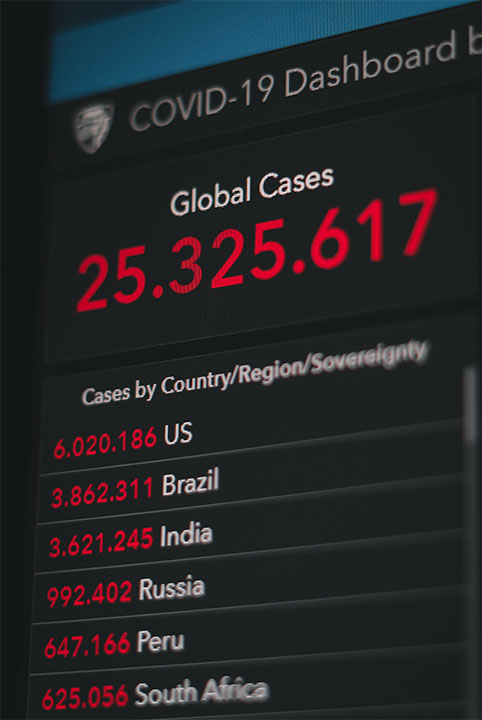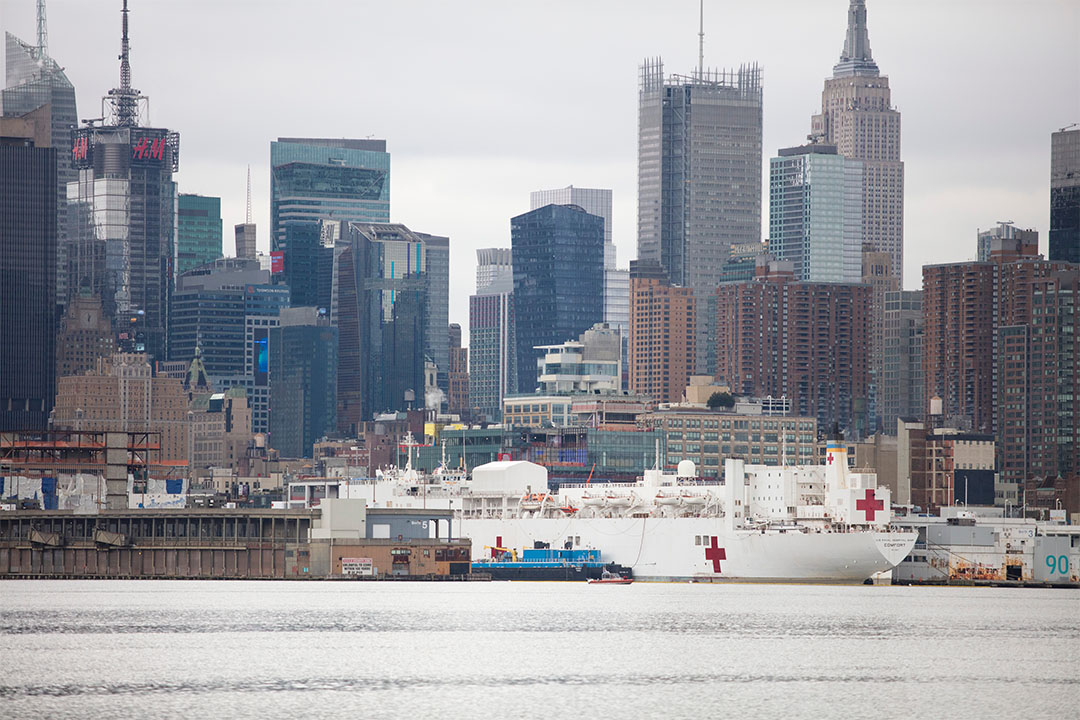
Trade Wars And Their Impact On Global Economies
Introduction
In a world that is increasingly interconnected and interdependent, trade has become a vital driver of global economic growth and prosperity. However, over the past decade, we have witnessed the emergence of a new phenomenon that threatens this delicate balance - trade wars. These conflicts between nations, characterized by tariffs, trade barriers, and economic sanctions, have sent shockwaves through the global economy, affecting businesses, consumers, and governments alike. In this article, we will delve into the complex landscape of trade wars, exploring their origins, examining their impact on global economies, and considering potential solutions to mitigate their detrimental effects.
The Origins of Trade Wars
Trade wars are not a recent phenomenon; they have been a part of international trade for centuries. However, in recent times, their frequency and intensity have increased, largely due to several key factors.
1. Protectionism: Protectionist policies, aimed at shielding domestic industries from foreign competition, have gained traction in some countries. Governments often resort to protectionism in response to economic challenges, such as job losses in specific industries or perceived unfair trade practices by other nations. This protectionist approach can lead to the imposition of tariffs and trade barriers, sparking retaliatory actions and ultimately escalating into a full-blown trade war.
2. Bilateralism: The preference for bilateral trade agreements over multilateral ones has contributed to trade tensions. Some countries believe that negotiating one-on-one with trading partners allows them to secure more favorable terms. However, this approach can lead to disputes as other nations react to perceived exclusivity.
3. Intellectual Property and Technology Transfer: The increasing importance of intellectual property and technology in the global economy has led to disputes over issues like intellectual property theft and forced technology transfer. These disputes can quickly escalate into trade conflicts, as countries try to protect their innovation and technological advantages.
4. Political Factors: Political rhetoric and shifts in leadership can also play a role in trade wars. Leaders may use trade as a tool to fulfill campaign promises or pursue a nationalist agenda, further escalating tensions.
The Impact of Trade Wars on Global Economies
Trade wars can have far-reaching and negative consequences for global economies. Here are some of the key ways in which they impact nations, businesses, and individuals.
1. Disrupted Supply Chains: Modern economies rely on complex global supply chains that span multiple countries. Trade wars disrupt these supply chains by introducing uncertainty, increased costs, and trade barriers. This can lead to production delays, higher prices, and reduced efficiency, affecting both producers and consumers.
2. Economic Slowdown: Trade wars can lead to an economic slowdown as reduced trade volumes and increased costs weigh on economic growth. Businesses may delay investment decisions, and consumers may cut back on spending due to rising prices. This can result in reduced GDP growth and job losses.
3. Increased Costs: Tariffs and trade barriers imposed during trade wars can result in higher costs for imported goods. These increased costs are often passed on to consumers, leading to a decrease in purchasing power and a reduced standard of living.
4. Uncertainty: Trade wars create uncertainty in the business environment, making it difficult for companies to plan for the future. This uncertainty can lead to reduced investment and hiring, as businesses become cautious about the economic climate.
5. Global Financial Markets: Trade tensions can rattle global financial markets. Stock markets may experience increased volatility, and currency markets can be affected as investors seek safe-haven assets. This can have implications for retirement savings and investment portfolios.
6. Agricultural Impact: Agriculture is particularly vulnerable to trade wars, as many agricultural products are highly export-dependent. Farmers may face reduced exports and lower prices for their products, leading to financial distress.
7. Geopolitical Tensions: Trade wars can exacerbate geopolitical tensions between nations, making it challenging to find diplomatic solutions to other global issues.
8. Strained Diplomatic Relations: Trade wars strain diplomatic relations between countries, making it difficult to collaborate on important global challenges such as climate change, pandemics, and security threats.
Solutions to Mitigate the Impact of Trade Wars
While trade wars can have devastating consequences, there are steps that governments, businesses, and international organizations can take to mitigate their impact.
1. Diplomacy and Negotiation: Diplomatic efforts and negotiations should be prioritized as a means to resolve trade disputes. Dialogue can help countries find common ground and reach mutually beneficial agreements, thereby avoiding the escalation of trade tensions.
2. Multilateralism: Promoting multilateral trade agreements can reduce the likelihood of trade wars. Multilateral agreements, such as the World Trade Organization (WTO), provide a framework for addressing trade issues and disputes in a more inclusive and cooperative manner.
3. Trade Diversification: Reducing reliance on a single trading partner can make economies less vulnerable to trade disruptions. Diversifying trade relationships can help mitigate the impact of trade wars on specific industries or sectors.
4. Investment in Innovation: Encouraging innovation and investment in technology can enhance a nation's competitiveness and reduce the temptation to engage in trade disputes over technology transfer and intellectual property.
5. Aid for Affected Industries: Governments can provide support and assistance to industries that are disproportionately affected by trade wars. This can include subsidies, retraining programs, and financial assistance to help them adapt to changing market conditions.
6. Consumer Awareness: Educating consumers about the impact of trade wars on prices and the economy can help build public support for more prudent trade policies.
7. Global Cooperation: Collaboration between nations on common challenges, such as climate change and pandemics, can help build trust and reduce the likelihood of trade conflicts.
Conclusion
Trade wars have become a prominent feature of the global economic landscape, posing significant challenges to nations, businesses, and individuals. While the causes of trade wars are complex and multifaceted, their consequences are clear – disrupted supply chains, economic slowdowns, increased costs, and strained diplomatic relations. To mitigate the impact of trade wars, it is essential for nations to prioritize diplomacy, multilateralism, and cooperation while also considering the welfare of their citizens and industries. In an interconnected world, finding common ground and working together is crucial to maintaining global economic stability and prosperity.







